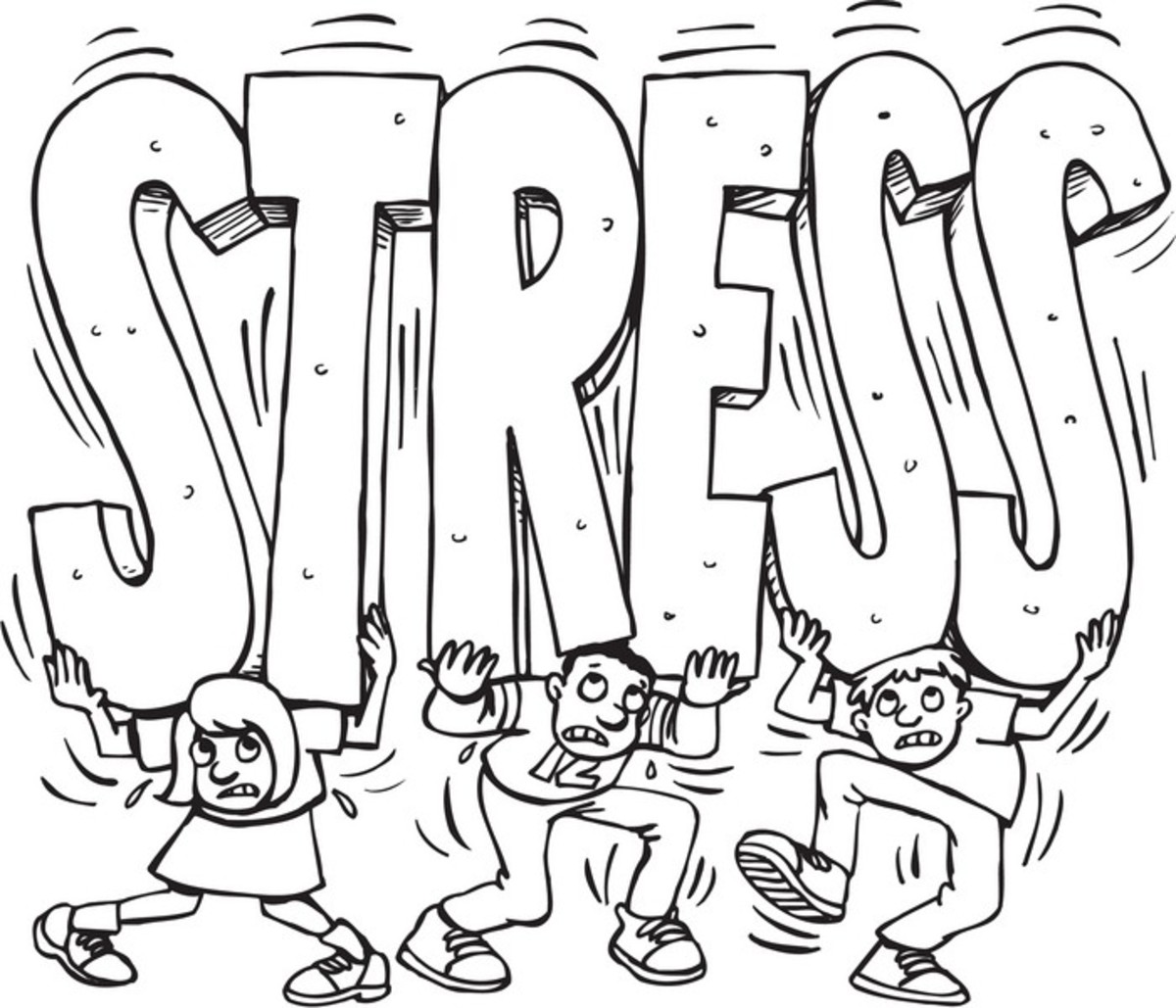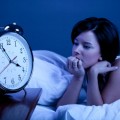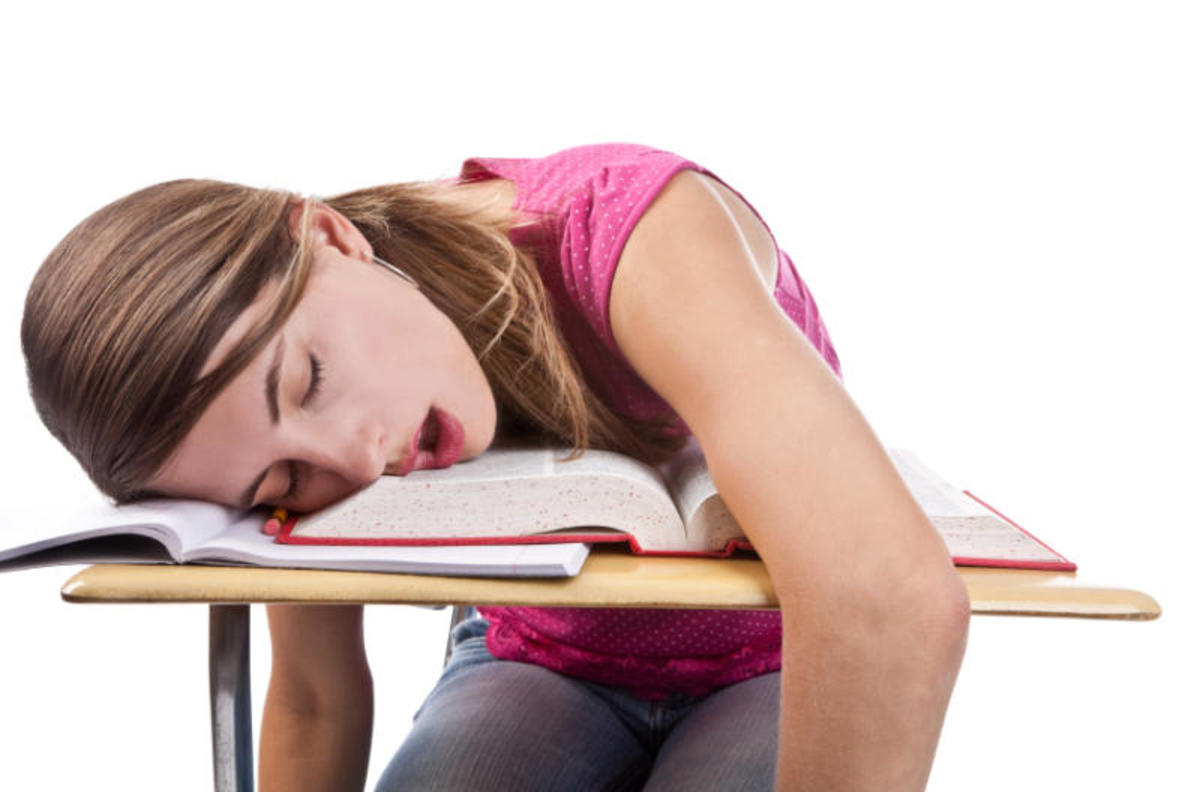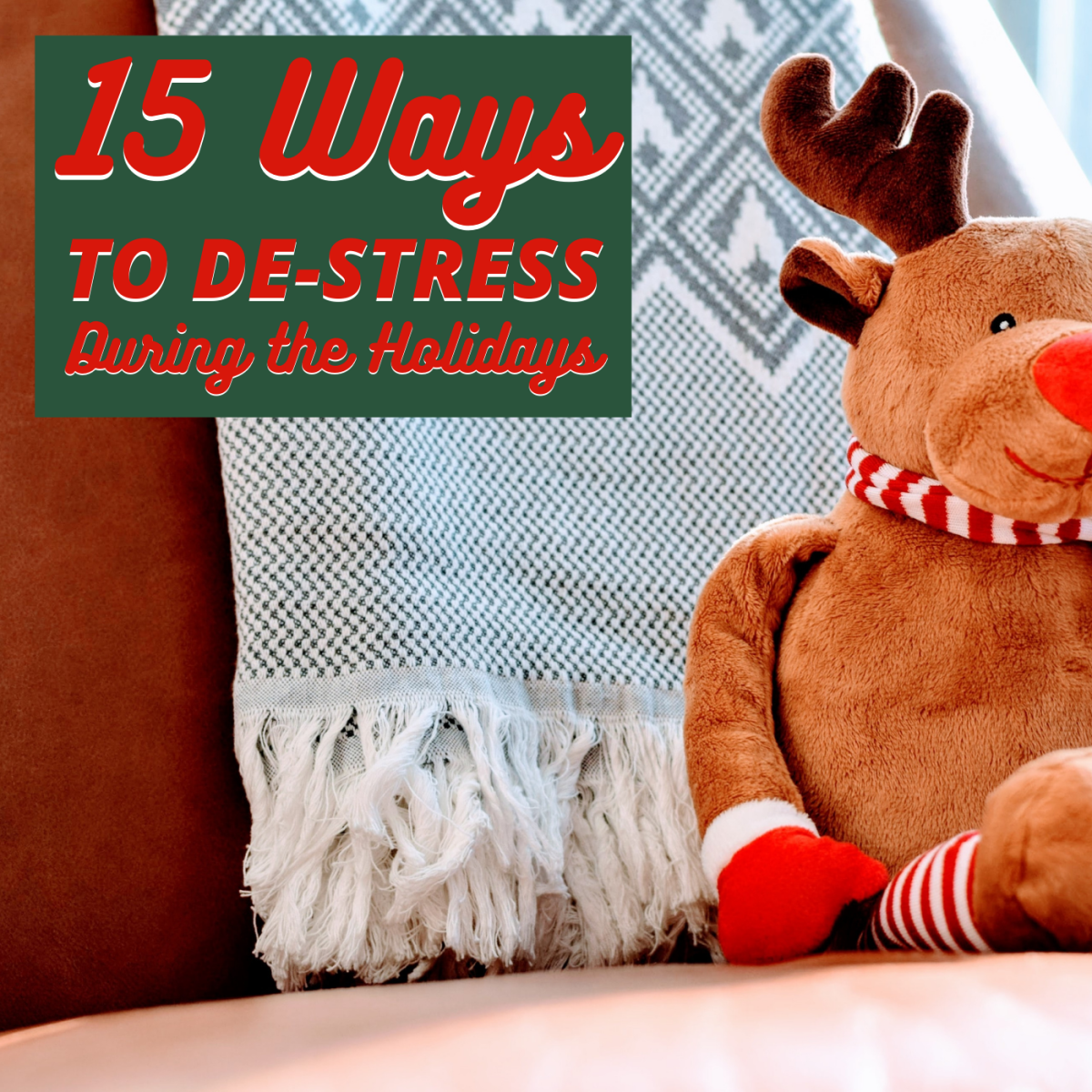- HubPages»
- Health»
- Mental Health»
- Stress Management
Using Rest, Relaxation and Sleep For Reducing Stress
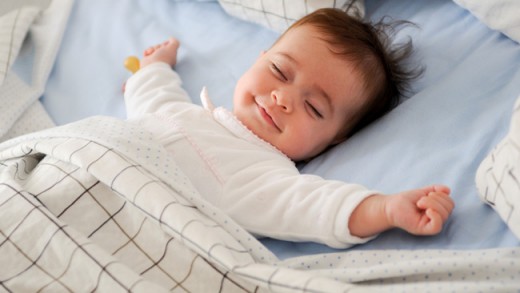
Deprivation In Sleep
Sleep deprivation is a serious health problem in our overly busy stress filled world. Whenever some people are faced by a stressful situation at work, they respond with complete commitment, by working intensely hard at resolving it. To do this, they may work 24×7, cancel vacations and cut back on sleep, all to make more time to tackle the problem.
If this is short-lived, then negative effects will be minimal and success will often be spectacular. However, if this level of hard work is sustained for a long time without relief, people increasingly risk ill-health and burnout. Furthermore, working in shifts as well as holding global roles are the real slow killers for today’s work force. Both may pay big bucks for the short terms but in the medium and long term costs us pretty high in terms of health and wellbeing. Our bodies have been engineered to follow a particular cycle which if constantly changed can throw the entire system out of gear.
We rest and sleep because we need to. Rest is what we do to let stress subside. Rest at the end of a day, and at the end of a week, helps us to calm down.
On an average, people need around eight hours sleep a night (although this can vary between three hours and eleven hours, depending on the person and his or her age).
If we are regularly short of sleep, then our concentration and our effectiveness suffer and our energy levels decline. We have all seen and experienced this.
This diminishes our effectiveness in our jobs, and can therefore increase stress: As our concentration wanders, we start to make mistakes. As our energy declines, we become less proactive in what we do, reducing our control over events. This means that a situation that is already difficult and stressful can become worse, needing even more sacrifice to bring it back under control.
Make sure you get enough sleep. If you have become used to being tired all the time, you will be amazed by how sharp and energetic you will feel once you start sleeping normally.
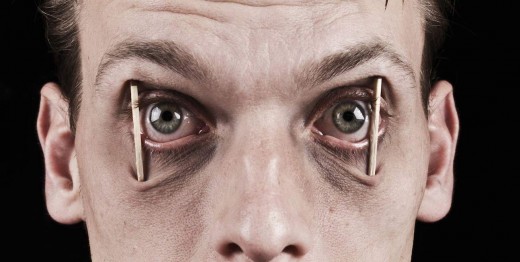
Insomnia Due to Night Shift Effects
When we are stressed and anxious, we can often find it difficult to get to sleep as thoughts keep on whizzing through our heads, stopping us from relaxing enough to fall asleep. Getting sleep is largely a matter of adopting appropriate lifestyles.
Let’s first look at people who are working night shift or globetrotting where the night and day often get confused as they cross various timelines. When we work nights we are actually going against the grain. It is better to work constantly through the nights instead of shifting between day and night. That way the body gets used to one schedule. Those working in the night then need to get sleep during the day to compensate.
In such cases, people would be returning home in the morning during sunlight which could mess up their body clock and make them continue to feel awake when they should be tired. It is recommended that they wear sun glares on the way home to give their body the impression that the ambient outside light is that of twilight. When sleeping during the day, the room needs to be completely dark and totally noise free. You could probably consider using good ear plugs to cut out all external sounds.
Returning to the issue of sleep for those who keep normal working hours we find two broad categories of people. In fact there are three categories. Those who generally have no problem falling asleep and those who although get sleep find it somewhat forced and disturbed. The quality of sleep is not adequate to remove exhaustion completely.
Transitory or short-term insomnia
The third category is that of insomniacs who just cannot get sleep for a variety of reasons.
Transitory or short-term insomnia happens when people have issues sleeping for a single night or up to a couple of weeks. It is commonly due to one or a combination of the following factors:
- Tension
- Shift or constant change in surroundings
- Temperature extremes
- Exterior noise
- Medicine side effects
- Shift in sleep schedule, like jet lag.
This sort of insomnia commonly sorts itself out and the body’s biologic clock will commonly get the person back on track.
Intermittent insomnia is if you have short-run insomnia that happens from time to time.It’s commonly caused by the same elements as transitory insomnia.
Chronic insomnia is trouble sleeping many nights and lasts for years. Although sleeping tablets may bring a little relief at first, the dangers affiliated with it far outweigh its advantages.
A holistic approach calling for analyzing the frame of mind, dietary habits and life-style may establish permanent relief.
In order to optimize sleep and de-stressing through rejuvenation the starting point is to optimize the sleep environment. Think back to the neanderthal ages and cavemen, their dwelling units the caves that were cool, dark and quiet.
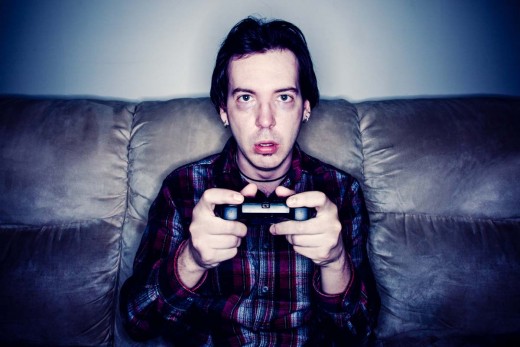
Factors For Sleep
The following hygiene and lifestyle factors need to be borne in mind in order to ensure deep rejuvenating sleep.
- Controlled temperature: Temperature is important for sleep. Cool is better than hot. The air within the room would have to be artificially brought to a comfortable level. Air conditioning and ceiling fans are useful for circulating and cooling air down to a range of 18 to 22 degrees centigrade.
- Condition of the bed and sleeping posture: A comfortable mattress is important to get a good sleep. Any mattress should support your body in a comfortable position without causing you to toss and turn all night. Pillows and cushions must support the neck without causing neck pain. Ideally the natural way to sleep is on your side with a slight bend in the knees and your arms in front of you usually resting on your chest or face. Avoid sleeping on your stomach since this could result sore neck and lower back problems.
- Sleep in total darkness: Get rid of all light sources. Computer lights and television lights are the worst. The alarm clock too should be turned to face away from you so that the digital indicator lights do not create artificial lighting. Use shades or blinds to block out light from the windows. The 24 hour cycle of the sun rising and setting is a part of the circadian rhythm. This rhythm tells our bodies when it is day or night. The human body is not programmed to live in artificially lit surroundings. The pineal gland which is light sensitive secretes the hormone melatonin which is responsible for putting us to sleep at night. This it does when it is dark. However, if we are indoors all the time or in malls and brightly lit night clubs, the pineal gland is not able to distinguish between natural and artificial light and consequently, the secretion of melatonin is adversely impacted. That is why it has been suggested since times immemorial that late night parties and outings negatively impact sleep cycle. Ensure you have no computer, no television and no cell phones at least two hours before bed.
- Eat right: A bloated or upset stomach is a sure way to be up all night. The last meal of the day should be at least two hours before bed time. Abide by the tried and tested rule of having a king-sized breakfast, a medium-sized lunch, and a little dinner. Consuming heavy meals before bedtime puts stress on the gastrointestinal system and prevents you from experiencing deep sleep. A light diet rich in carbs like bread or cereals is the most optimal for dinner . Unless milk products cause suffering to you, the age old curative of having a glass of milk before bed-time does indeed facilitate better sleep. Fatty and oily foods, confections, ice-creams are energizing and hard to digest, so keep away from them. Drink at least two liters of water a day. According to Chinese medicine, awakening a lot of times during the night may be due to weakness of the Jing which is stacked away in the kidneys. Drinking enough water flushes out toxins and helps support the kidneys. All the same, minimize your consumption of water after 6 pm to forestall sleep disturbance due to need for urinating.There are foods that advance sleeplessness or insomnia and need to be avoided. These are:
- Refined carbs drain the body of B complex, which the body requires to release serotonin. If the body can’t get adequate serotonin, stress, dread, and depression may keep you up all night.
- Monosodium Glutamate, frequently found in Chinese food, causes a stimulating response in a few individuals. This is nearly always found in processed, refined, and packaged foods.
- Bacon holds tyramine, which steps-up the release of norepinephrine, a brain stimulus that keeps you awake. Other foods that bear tyramine include chocolate, eggplant, ham, potatoes, sauerkraut, sugar, sausage, tomatoes, and wine.
- While a lot of us drink to unwind the body and mind, the fact of the matter is that wine, beer, and spirits may keep you up at night. This is particularly true if you drink more than one. While alcohol may make you tired in the short-term, you’re likely to wake in the midst of the night.
- Chocolate may raise your energy levels with bioactive compounds like tyramine and phenylethylamine. Chocolate likewise bears sugar which wake you up as well as the extra obvious culprit, caffeine.
- Pumpkin seeds are an awesome source of magnesium which processes to calm the body down. Magnesium assists to relieve the tension that may keep us up all night. Simply 1 oz. of pumpkin seeds bears 151 mg of magnesium, making it among the most magnesium-rich foods out there.
- Cottage cheese bears tryptophan, a sleep causing amino acid that loosens up the whole body and mind. If you don’t prefer dairy products you are able to likewise find tryptophan in soy milk, tofu, hummus, and lentils.
- Sesame seeds are robust in trytophan but they’re likewise high in carbs with a medium protein content, perfect for prior to bedtime.
- Whole unprocessed grains like brown rice have a calming down effect on the mind. They soothe the nervous system so that the mind quits moving a mile a minute and you are able to doze off. Likewise consider oats for a like effect.
- Chlorophyll-rich foods like spinach assist you in getting to sleep. Spinach, like pumpkin seeds, is likewise loaded with magnesium, which sedates and de-stresses the whole body.
- Noise should be eliminated or controlled: Try to sleep in complete silence. Try and mask ambient sounds of road noise, stray and pet dogs barking, people yelling, the air conditioner switching on and off on thermostat.
- Ramp down before sleeping: Make sure that you stop doing mentally demanding work several hours before coming to bed – give your brain time to calm down before you try to sleep. Try reading a calming, undemanding book for a few minutes, again to relax your body, tire your eyes and help you forget about the things that are worrying you. Write persistent thoughts and worries down in a notebook and then put them out of your mind. Review the notebook in the morning and take action if appropriate. Keep the same bedtime. Let your body and mind get used to a predictable routine. As much as possible, retire for sleeping latest by 10 p.m. According to research, it’s easiest to doze off and the quality of rest is richer if prepare to go to sleep prior to 10 p.m. If you assume any stimulating action like talking to an acquaintance or watching an intriguing movie after 10 p.m. you might discover your sleep un-refreshing. If you don’t drift off inside half an hour of going to bed, get up and meditate or read a book. The same is advised for those who discover themselves awake in the midst of the night. Don’t fuss or fight to get to sleep. Any attempt to get to sleep will only make it worse. Remember that a relaxed, unstrained and peaceful brain is the best facilitator for a deep, relaxing sleep.
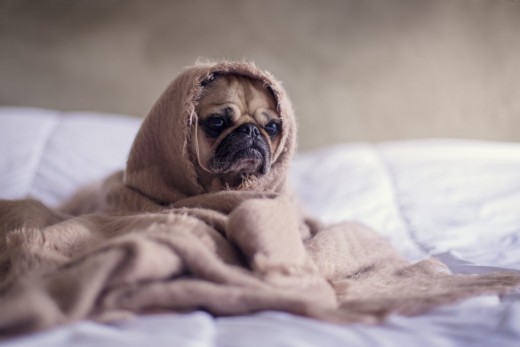
Alternative Sleeping Therapies
If you discover yourself worrying over the onset of sleep, you could try this meditation which would help induce relaxation and clear the mind:
- Make sure the bedroom is quiet. Get into bed and turn off the lights. Ensure that the curtains or shades are pulled closed to keep out any lights from the street
- Find a comfortable sleeping position. You can change positions if needed, but try not to move around very much.
- Stretch out on your back and get comfortable. Tense up your body as much as you can and then relax. Do this three times
- Slowly breathe into your lower abdomen twenty times
- With each in-breath breathe in peace, and with each out breath breathe out cares of the day.
- Visualize entering a place you have actually visited and recall as peaceful, restful, beautiful and happy. Relive your experience. Close your eyes and hear sounds of running water and birds, and feel the warmth of the sun and a gentle breeze on your body
- Release your worries and visualize. Surrender to deep relaxation as you let go more and more. Feel yourself sinking into a deep healing and rejuvenating sleep.
Rub down your body with oil a couple of times a week before having a bath. Oil massage is a good way to de-stress. Apart from de-stressing and relaxing, it provides host of advantages like elimination of toxins from the body, lubricates joints, improves the complexion and relieves fatigue and expands energy levels.
For most individuals, sesame oil will do. All the same, a few might find it a bit hot. They may utilize coconut oil alternatively. One may even add few drops of aromatherapy oils to heighten the experience. Warm the oil a little. Heat a little water in a wide bottom dish and then put the oil container over this water to heat up the oil. Massage the oil all over your body with round motion over flat areas like belly and chest and straight strokes for arms and legs. Let the oil stand for at the least half an hour and then have a warm shower or bath.
Conclusion
The law of cause and effect underlies everything in the cosmos. If there is any event or incident it has to have a cause.
If the causal conditions are changed the effect will definitely change. So far we have observed that stress is the outcome of an interaction between a person and a set of external stimuli.
The external stimuli are simply there – neither good nor bad, neither inducing joy nor creating stress. Joy and stress are caused through the attitude of each person and the manner in which he or she relates to the specific stimulus.
The panacea for stress-moving from distress to de-stress, lies in working on the cause.
This article has therefore described different ways through which any individual irrespective of color, creed, nationality and gender can control their emotions, attitudes, thoughts and lifestyle in order to face any situation without cracking up.


